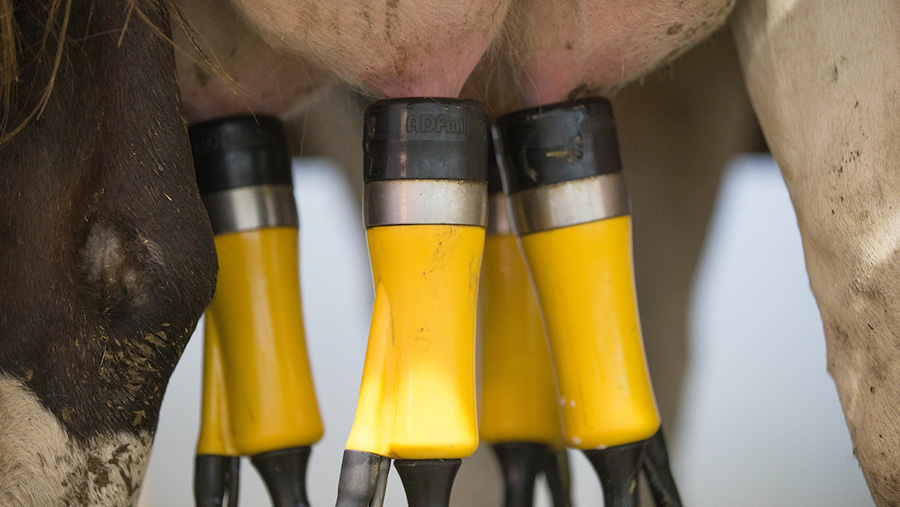Welsh dairy farmers charged £384,475 for fraudulent TB eartag swapping
 © Tim Scrivener
© Tim Scrivener Three Pembrokeshire dairy farmers have been charged £384,475 for fraudulently swapping the eartags of healthy cattle with those infected with bovine TB.
On Monday (4 March), Swansea Crown Court heard that family farmers Charles (76), Henry (64) and Edward (47) Hartt pleaded guilty to 12 offences under the Cattle Identification (Wales) Regulations 2007.
This included eight offences of applying eartags that did not relate to the correct cattle – including swapping eartags of healthy and infected cattle – and four offences of providing false information relating to the herd.
See also: Farmer fined more than £5,000 after cattle attack walkers
The court heard that cattle with different freeze brands were recorded as having the same eartag numbers, and that a cow was also found with a freeze brand that had been deliberately altered.
Another cow, which was supposed to have been removed due to a positive TB reading, was found to have remained on the farm, and subsequently had a calf.
The prosecution claimed that the family had swapped ear tags of infected cattle with more valuable animals, keeping the TB-positive cattle on the farm for financial gain, Wales Online reported.
During mitigation, however, the prosecution did not offer any evidence on these charges, instead accepting that the incorrect tagging was “deliberate, but not dishonest”, saying that it arose from “poor recordkeeping – slipshod management – not for financial gain”.
‘General failure’
Presiding Judge Vosper said that: “Tuberculosis-affected cattle remained in the herd,” calling it “a general failure in terms of controlling tuberculosis in cattle”.
An expert report read to the court concluded that milk produced by cattle with TB would still be pasteurised, making the risk to the public “non-existent or low”.
Judge Vosper said: “You accept that you acted recklessly with your compliance under the regulations.
“You seemingly didn’t care about the accuracy of the information you were providing.
“You took a cavalier approach to the regulations designed to restrict the spread of tuberculosis among cattle.”
A court spokesman told Farmers Weekly that each of the farmers will receive the same sentence – a fine of £24,000, or £2,000 for each charge, to be paid within 12 months – which, if defaulted, carries an 18-month prison term.
The farmers were also found to have benefited from the fraud to the sum of £217,906 – a figure which they will now collectively have to repay under the Proceeds of Crime Order. Default on this payment carries a five-year imprisonment term.
On top of this, the Hartts must also pay the prosecution fee of £94,569 within three months, taking the total repayment figure to £384,475.
